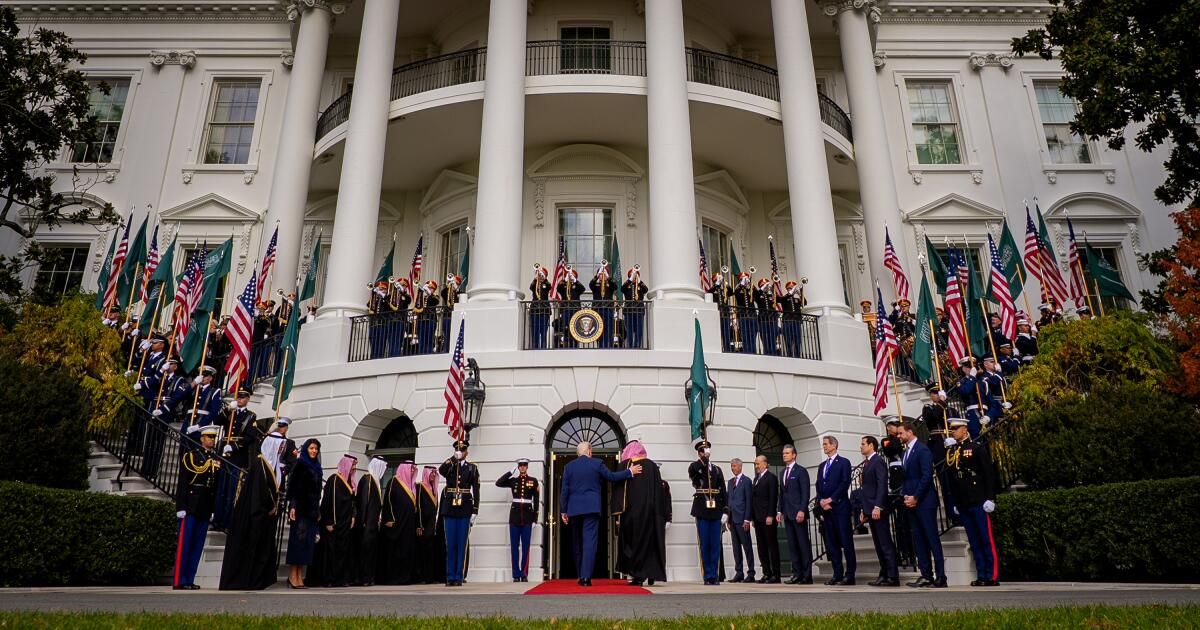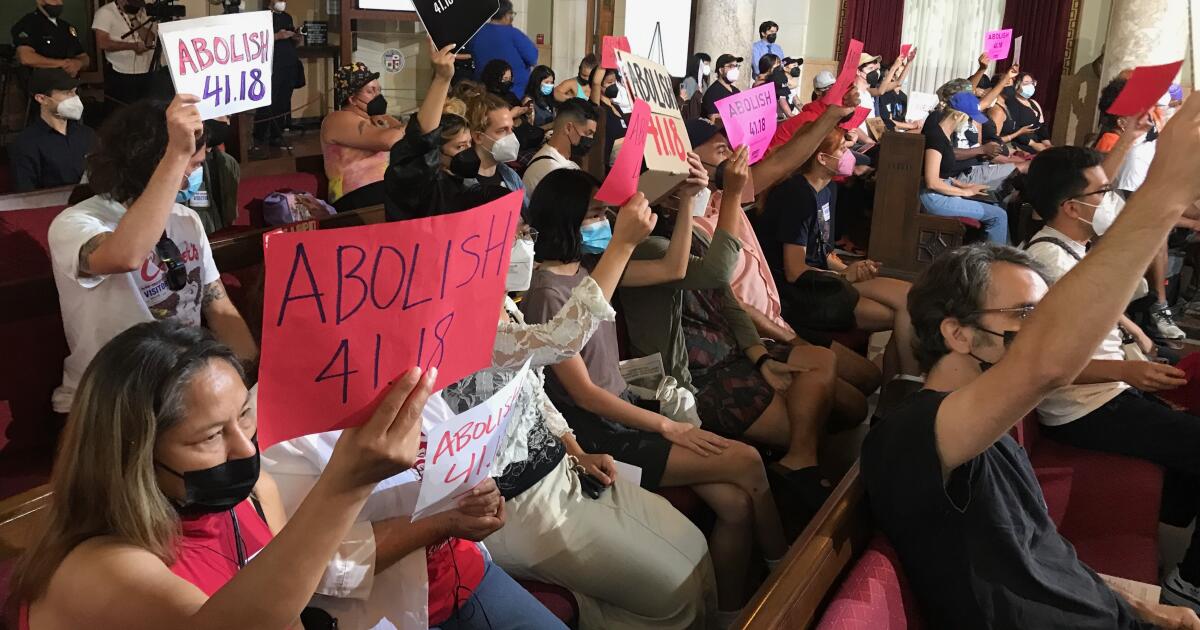Thanksgiving invites us to pause and consider the gifts we often overlook. This year, at a time of growing political unrest and ideological confusion, I am especially grateful for an extraordinary heritage: a nation and its creed created by the Declaration of Independence and the United States Constitution.
Why, in addition to family, friends and a banquet, do I have this on my mind today? In certain circles, especially among right-wing “postliberal” thinkers, it is now fashionable to claim that the Constitution has failed. Some argue that the country's founding was too individualistic or insufficiently moral, that our constitutional structure precludes the pursuit of a unified national purpose, or that what we need instead is a more powerful state headed by a muscular executive and a more cohesive cultural or religious identity imposed from above.
These arguments are not abstract. Some theorists openly celebrate unchecked executive power or regimes that derive their legitimacy from the hierarchy rather than the consent of the people. Increasingly, they dismiss the founding not as a glorious achievement but as an obstacle to national renewal through centralized authority.
This agenda ignores the extraordinary success of the American constitutional experiment and the astonishing diversity it has held together for nearly two and a half centuries. As the famous historian Gordon Wood recently said reminded us In the Wall Street Journal, America has always been different. Most countries emerged from a shared language, lineage, or ancient heritage. The United States did the opposite: first it built a state and then had to figure out what it meant to be a nation.
From the beginning, the United States was a mixture of peoples. John Adams wrote that it resembled “almost several distinct nations” and wondered whether such a collection could really be coherent. Leaders marveled when the first census revealed a variety of languages, religions, and origins. However, over time, Americans formed a common identity, not through blood or inherited culture, but through shared ideals. National unity was solidified after these ideals were articulated in the Declaration of Independence and given lasting institutional form in the Constitution.
This is what makes America what Wood calls a “nation of creeds.” Being an American does not mean descending from a particular people, but rather embracing a set of principles: liberty, equality (of opportunity), self-government, and the rule of law. The Constitution brilliantly translated those principles into a lasting structure, allowing people of different backgrounds and beliefs to live together as citizens. It allows a couple who arrived from Romania in 1980, or from Haiti or Mexico decades later, to be on equal civic footing with families whose ancestors were here at the time of the founding. That is one of our greatest blessings.
The Constitution has been amended and improved over decades, often through great struggles. The post-Civil War Reconstruction amendments (especially the 14th) did not break the foundation, but fulfilled it. They made national citizenship a reality and gave legal force to the moral principle of equality, linking every American to the generation of 1776. In that process, the Constitution was strengthened, not repudiated.
This reality helps explain why postliberal critiques that criticize the Constitution for not enforcing a single moral or cultural vision miss the mark. Constitutional limits exist because the founders feared unchecked power, whether exercised by a ruler or by majorities who have sometimes erred egregiously. The Constitution protects a pluralistic society from the dangers of centralized authority and ideological certainty. In a nation as diverse as ours, those protections are not optional.
We live in a time when self-proclaimed saviors everywhere claim to possess the only solution to our problems. The Constitution responds with humility. It requires persuasion, not imposition. Insist on limits. Expect disagreements. He is confident that freedom, not forced consensus, is the proper basis for an enduring political community.
The Constitution does not guarantee national unity. It guarantees something better: a system that channels conflict without destroying freedom. As Wood points out, democracy can be volatile. The founders knew this well. Their answer is a framework that moderates collective impulses while preserving the rights of individuals and minorities.
This framework has stabilized the nation before. It took us through the early years and through waves of immigration and increasing diversity. It took us through civil wars, economic crises and global conflicts. And if we remember what we have, it can help us overcome our current problems.
This Thanksgiving, I am grateful for the institutions that have preserved our freedom even when they frustrate us. In a country bound not by ancestry but by shared principles, the Constitution is more than a governing document. It is the mechanism through which a diverse people becomes a nation. That is a gift worth defending and being grateful for.
Rugy Veronica He is a senior fellow at the Mercatus Center at George Mason University. This article was produced in collaboration with Creators Syndicate.












